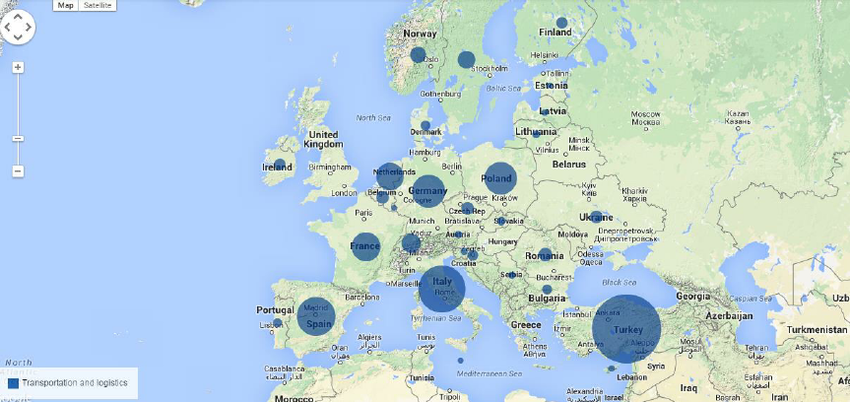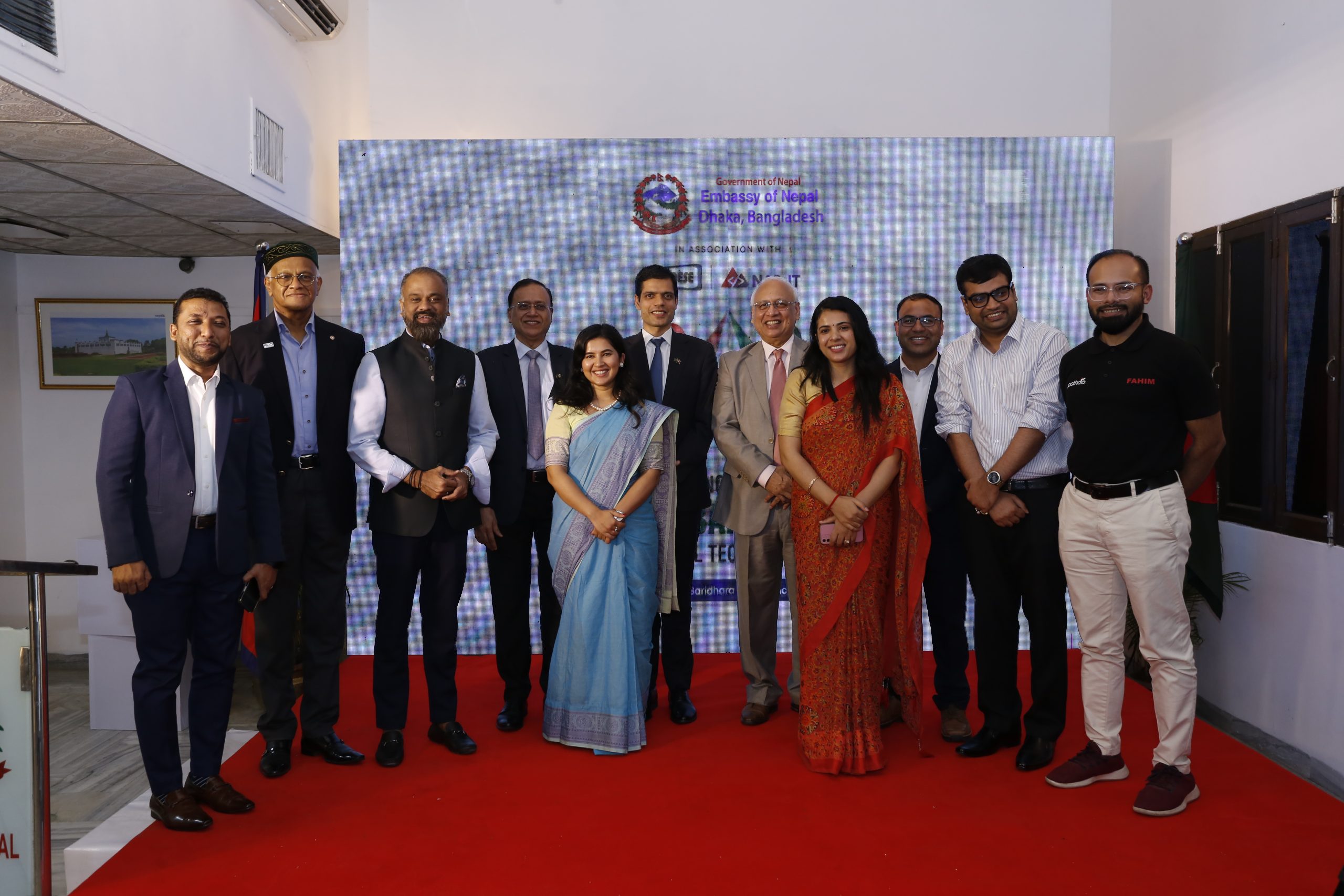EU Enacts Landmark Law on Mandatory Due Diligence and Traceable Supply Chains to Address Human Rights and Environmental Concerns

London — The European Union (EU) has recently passed a groundbreaking law that mandates companies operating within its jurisdiction to take responsibility for their impact on human rights and the environment. The new law requires businesses to “end or mitigate the negative impact of their activities on human rights and the environment such as on child labor, slavery, labor exploitation, pollution, environmental degradation, and biodiversity loss.”
This legislation is set to become a landmark for mandatory due diligence and traceable supply chains globally, prompting companies worldwide to reevaluate their sourcing practices to ensure they are free of social and environmental risks. Companies found to be non-compliant could face significant consequences.
The European Parliament’s approval of the law has been hailed as a turning point in corporate responsibility by Lara Wolters, a member of Parliament. She stated, “The future lies with companies that treat people and the environment in a healthy way — not with companies that have made a revenue model out of environmental damage and exploitation.”
One exemplar of a company adhering to sustainability principles from its inception is Tengri, a luxury textile and apparel brand founded by impact entrepreneur Nancy Johnston. Tengri imports fibers from yaks, camels, and sheep from Mongolia’s Khangai region to the United Kingdom, and its products have been embraced by well-known brands.
Johnston’s approach to sustainability goes beyond creating a product; she built a regeneratively designed business that supports indigenous communities and the environment. By forging direct relationships with impoverished rural farming communities, Tengri created a new supply chain that not only benefits the local communities but also guarantees the quality and ethical sourcing of its products.
The company maintains a level of supply chain visibility that is rare in the apparel sector, allowing it to trace fibers back to individual families and even specific animals. This enables Tengri to ensure fair prices for fibers while maintaining high-quality standards year after year, despite the natural variation in fibers.
Tengri is not alone in its pursuit of transparent and ethical supply chains. Other brands, such as Fair Trade Cashmere, Rebbl, and Dignity Coconuts, also embrace sustainability and traceability. These examples illustrate how businesses can create genuine, equal partnerships with raw material producers, ultimately benefiting both the brand and the communities involved.
As more laws like the EU’s are being considered worldwide, the future of supply chains appears to be heading toward a more conscious and inclusive approach. Companies that prioritize sustainable practices and ethical sourcing will not only comply with regulatory requirements but also contribute to positive environmental and social impacts, transforming the business landscape for the better.



















Facebook Comments